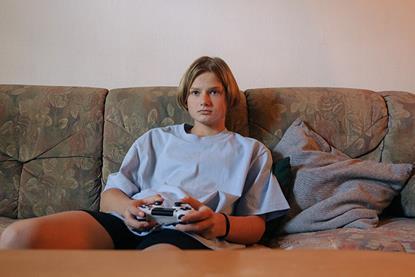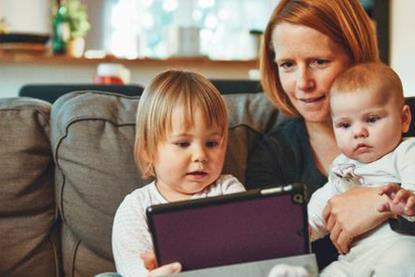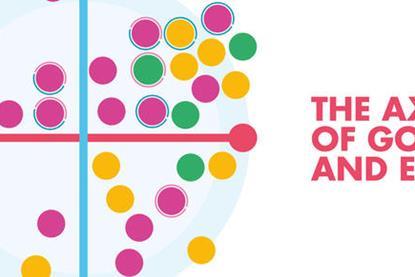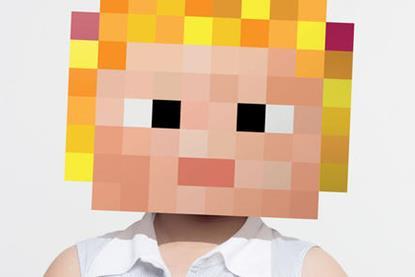- Home
- About
- Topics
- Parenting
- Stories
- Growing faith
 Christian devotions at home for children with additional needs are hard but worth working at
Christian devotions at home for children with additional needs are hard but worth working at Parents are the key to bridging the gap between church and school
Parents are the key to bridging the gap between church and school A tool to help your child ‘take captive every thought’ and walk in freedom with Christ
A tool to help your child ‘take captive every thought’ and walk in freedom with Christ ‘What do you do?’ A Christian mum finds the question triggered more than she expected
‘What do you do?’ A Christian mum finds the question triggered more than she expected
- NexGenPro
- Donate
Games
6 video games to inspire generosity in your children
When did you last play a video game with your children?
Your children need you to play video games
Headlines about the dangers of video games may not be so prevalent, but most parents are nervous about the content of games and the time spent on them. Youth and Children’s Work Game Boy columnist, Andy Robertson, suggests the answer may be to play video games yourself. Yes really.
Keeping the kids entertained: a list of top Christian media
Keeping children and young people entertained with tech may feel like a cop out – but now we’re in isolation, it’s only natural that we will be relying on our TVs, smartphones and gaming consoles for entertainment.
Games: Races
Children and young people can become extremely competitive in team-based situations and, while in some circumstances this can be unhelpful, it can help to create great memories and result in an enjoyable session. Try out some of the races below in teams. You could even put on your own ‘Games’ and give out medals for each event!
Fortnite
If you have listened to any conversation with tweens recently, you’ve probably heard the name Fortnite bandied about. The trending game is proving as popular as fidget spinners and flossing (dancing not dental), after being downloaded more than 40 million times since the launch of its popular extension Fortnite: Battle Royale in September 2017. But what is all the fuss about? And should we worry about the game’s impact on our children and young people?
Games: Reconnecting games
After the Christmas break, it’s good to help children reconnect with each other in their groups. Here are some games to help!
Finding God through gaming
With around 32.4 million people in the UK playing video games, how can we engage our children and young people with this popular medium? Alastair Jones is on hand to help
The Axis of Good and Evil - Video games
This month, we look at video games. So, those in the top right will be worth a play, those bottom left, less so.
Pokémon Go
Here are some genuine news stories you may have missed:
Little Gamers
Smart phones and tablets have placed gaming at the centre of our society. You don’t need to spend long on public transport to see someone playing ‘angry birds’ or ‘2048’, but what does this mean for our children? Are video games evil or could they help child development? Dr Bex Lewis investigates…





































